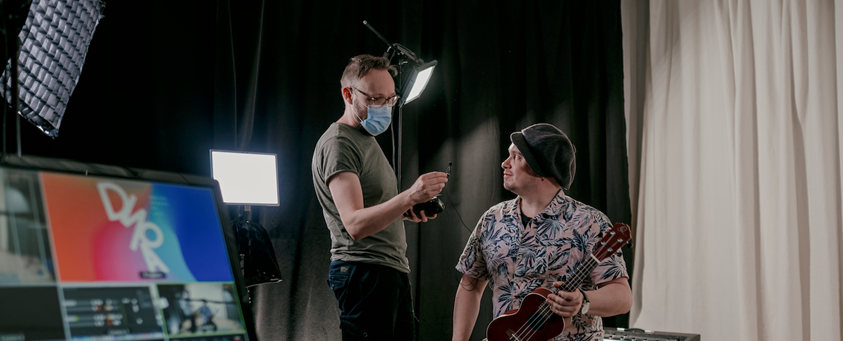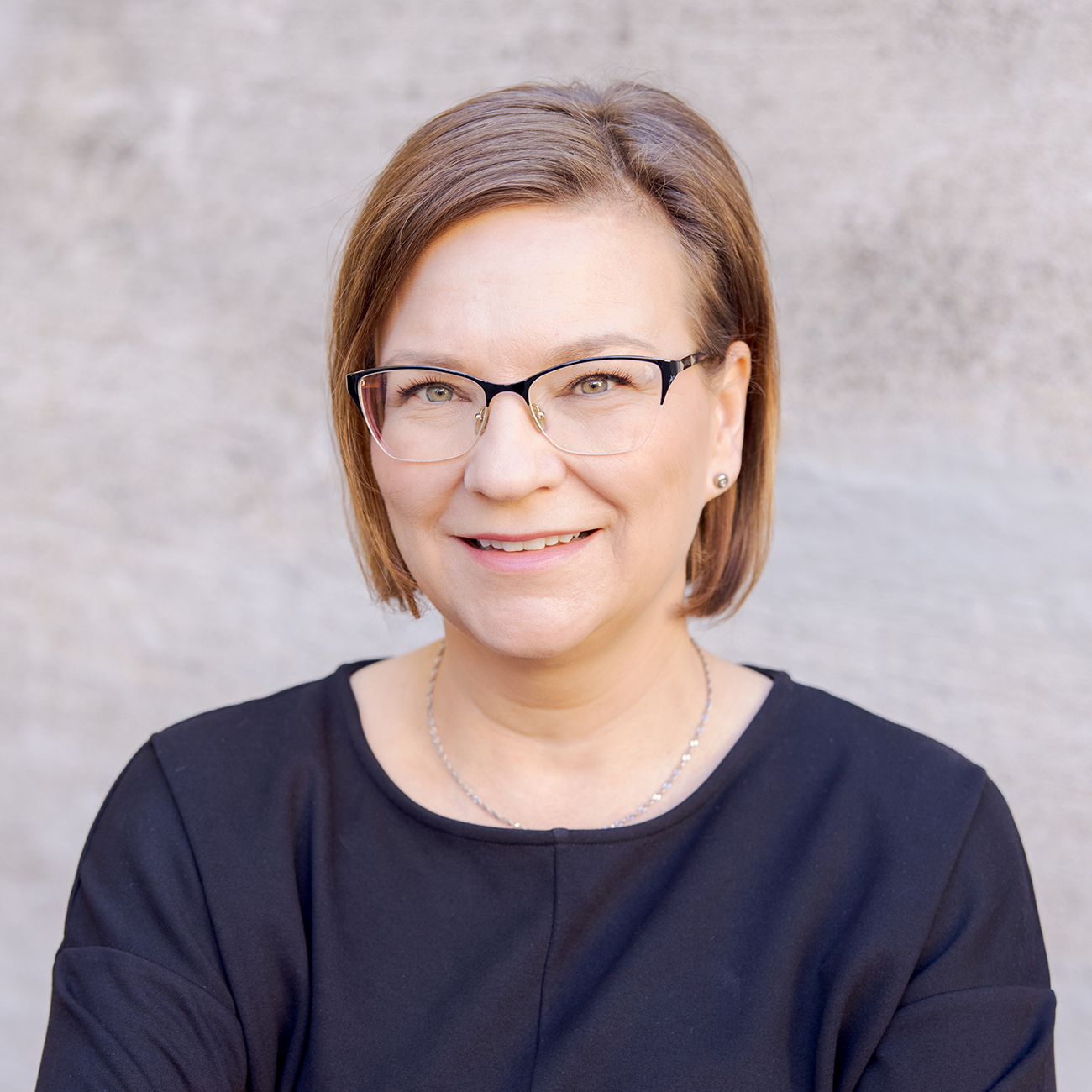New energy for teaching music
The Digital School of Arts wanted to test and co-develop its new teaching materials in comprehensive education, and the testing platform of Helsinki provided an excellent opportunity for this. The Digital School of Arts is a new digital platform for art education online. It is based on course content in video format, which was tested by teachers of primary schools.

The content of the Digital School Of Arts is originally designed for basic education in arts. In the pilot, the aim was also to test it for the music classes of comprehensive education. The goal was to find out if a teacher could teach instruments that they themselves cannot play or have no experience of.
The pilot focused on two courses out of the music learning environment of the Digital School of Arts, with ukulele and drums as the instruments selected. The courses are tutorial videos on the basics of playing the instruments. The videos contain notation, visual aids/graphics that support the teaching and exercises. The video provides help and support for group teaching and also works as an learning tool that is easy to use independently. “We discovered that a teacher with no musical training or skills for playing the instruments in question was able to hold a successful music lesson for their class after only five minutes of preparation,” says Juha Räisänen, one of the teachers of the Band School and DSOA.
The pilot brought valuable information about schools’ practices
The content was tested by several teachers. “There were class teachers, music teachers and special needs class teachers with various pupil groups. There was some variation in the level of familiarisation that the teachers had with teaching music,” Räisänen describes the group of participating teachers. The pilot showed that the DSOA’s goal of offering high-quality and pedagogically sound learning materials had been achieved. Participants felt that the videos calmed the class down at the start of the lesson, it was quick to start focusing on relevant things, and the materials were practical, clear and easy to use. “In addition to the excellent feedback, we also learned things that are meaningful in terms of the materials’ usability at schools,” says Räisänen. “For example, we received crucial experience and information about schools’ data security policies, which are particularly important when working with pupils.”
Accessibility benefits everyone
The platform offers teaching included in the basic education in arts from private classes online to various workshops and beginners’ and advanced courses. “The pilot encourages us to develop the product further,” Räisänen says. At the moment, the platform is offering beginners’ courses in singing, bass, piano, drums, ukulele, electric guitar and electronic music, but in the future, the aim is also to produce content for other arts, in addition to music. “Through such learning materials, everyone has the opportunity to learn an instrument or even something like circus skills, regardless of their location or time of the day,” Räisänen says, delighted.
An easy path to co-development
The pilot was implemented by using the Easy Access Co-Development operation model. The model is designed to be as light, flexible and smooth as possible for implementing co-development between schools and companies. The co-development is based on the company’s initiative and the teachers’ interest. Each EAC process takes its final form through the dialogue between the company and the teachers. Räisänen’s advice for a successful pilot is well worth heeding for all future participants: “During the cooperation, we learned that not everything should be tested at the same time; otherwise, the whole pilot and its results may get out of hand. It’s good to pick a suitable ‘block’ out of the product to be tested and co-developed.” Sometimes, a pilot can be extended for a justified reason. DSOA’s new pilot period is just about to begin with new goals, content and instruments.
